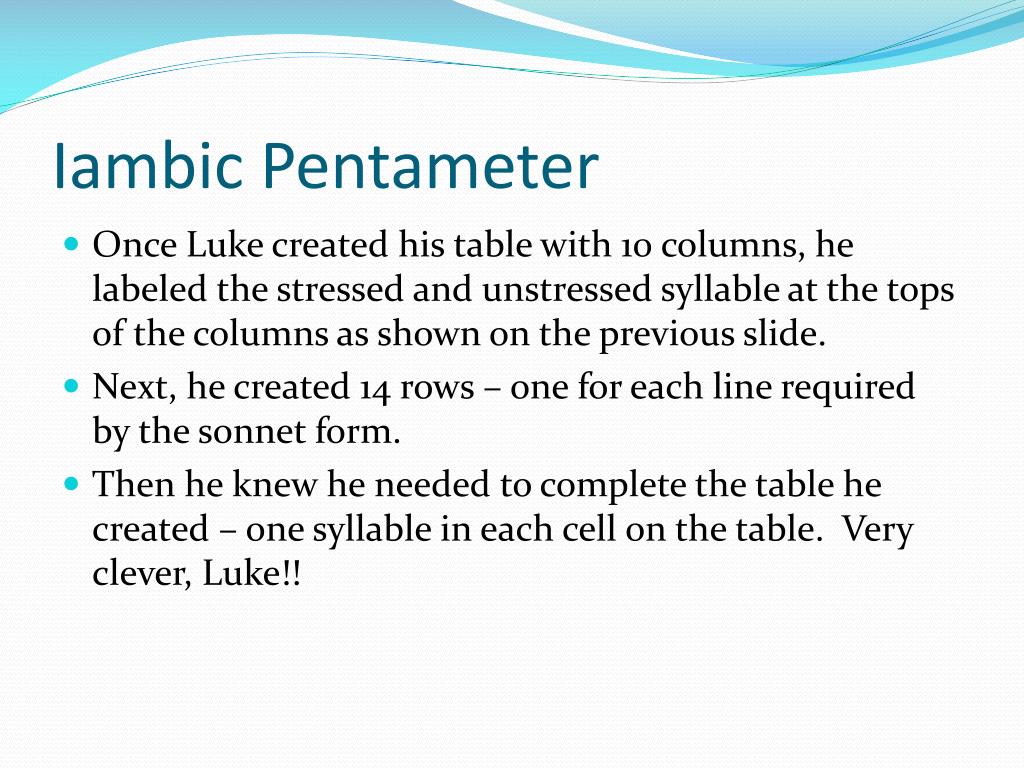

Here’s a direct reference to the crux of this sonnet and many of the sonnets, the blazon, which is a very direct kind of love poem that describes and dotes on a person and everything the poet loves about them, as we’re about to hear. This poetry is talking about lovely people who have long since shuffled off this mortal coil.Īnd so that’s the first quatrain, it sets the scene for the following quatrains to break down the argument. In praise of ladies who are long dead, and lovely knights Beauty making beautiful old rhyme, beauty is born of beauty. This ‘translation’ like many doesn’t really do this line justice. When I’m looking at old history books I read about all these beautiful people I read about the descriptions of the most beautiful people Like many sonnets we start out by saying when I do x, or when x happens, y will occur. Okay so here we begin with Shakespeare’s classic ‘when,when,when,if’ structure. Have they eyes to see you but not the words to describe your beauty Thought Breakdown & Analysis They lacked the skills to truly describe your beauty

I see that those writers were trying to describe back thenĪnd even though they looked into the future Their hands, their feet, their lips, their eyes, their faces Then in the love poems that catalogue their beauty Praising long dead ladies and lovely knights I see descriptions of the most beautiful people Had eyes to wonder, but lack tongues to praise. They had not skill en ough your worth to sing: Fįor we, which now be hold these present days, G Of this our time, all you pre figur ing FĪnd, for they look’d but with di vining eyes, E So all their praises are but prophe cies E I see their antique pen would have ex press’d C

Of hand, of foot, of lip, of eye, of brow, D Then, in the blazon of sweet beauty’s best, C In praise of ladies dead, and lovely knights, B I see de scriptions of the fairest wights, B They had not skill enough your worth to sing:įor we, which now behold these present days, I see their antique pen would have express’dĪnd, for they look’d but with divining eyes, Of hand, of foot, of lip, of eye, of brow,

Then, in the blazon of sweet beauty’s best, In praise of ladies dead, and lovely knights, I see descriptions of the fairest wights, And even though I’m looking at you now, there are no words to describe you. This is quite a sweet sonnet, we hear the poet essentially say to the fair youth that throughout history, poets have tried to describe immeasurable beauty through blazons, and that beauty is you. In this sonnet, we see the poet directly referencing their own poetry, a theme we encounter many times throughout the sonnets.


 0 kommentar(er)
0 kommentar(er)
